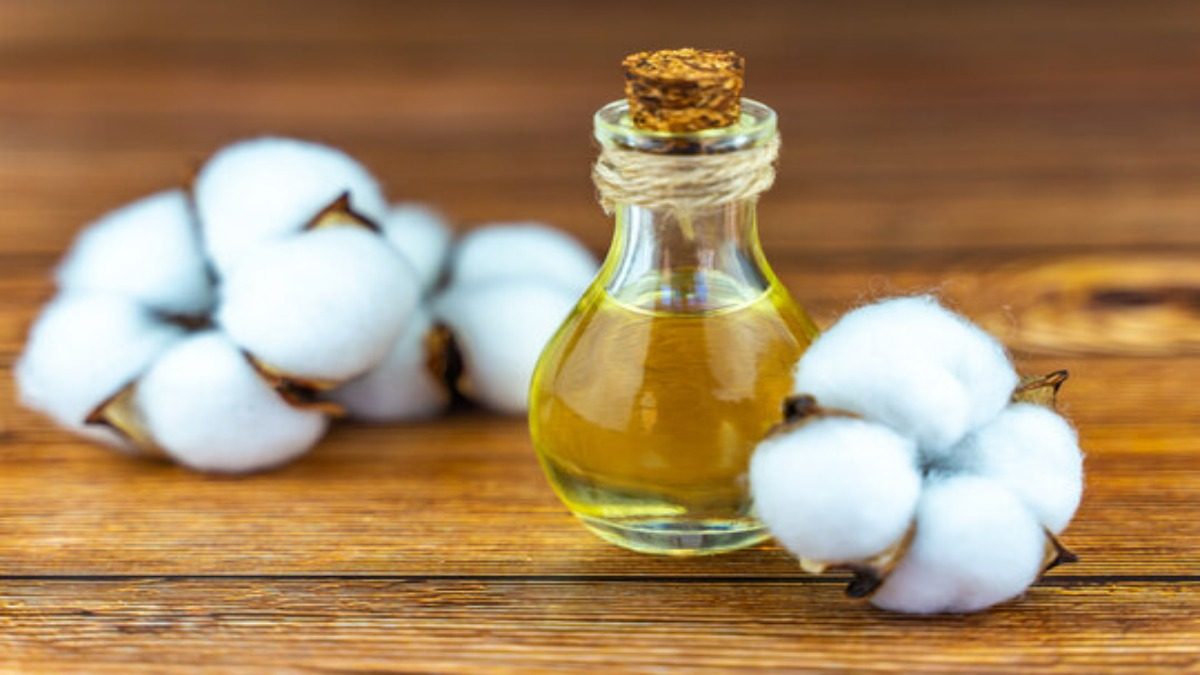In the arena of health and nutrition, where every ingredient is scrutinized like a contestant on a reality TV show, one question looms large for those navigating the murky waters of hormonal imbalances: Can people with PCOS/PCOD (Polycystic Ovary Syndrome/Polycystic Ovarian Disease) take cottonseed oil? It’s a question that sparks debates as fierce as a showdown between rival gladiators, with proponents and skeptics ready to duke it out in the Colosseum of dietary dilemmas. So, dear readers, sharpen your wit and prepare for a battle of the hormonal titans as we delve into this quirky culinary conundrum.
For those unfamiliar with the intricacies of PCOS/PCOD, allow me to paint a picture worthy of a Renaissance masterpiece: hormonal havoc wreaking havoc on the delicate balance of one’s endocrine system, like a mischievous sprite stirring up trouble in a tranquil garden. In this delicate dance of hormones gone rogue, every dietary choice becomes a strategic maneuver, with potential consequences as unpredictable as a whirlwind romance.
Enter cottonseed oil, stage left, with its unassuming appearance and neutral flavor, ready to play the role of culinary hero or villain, depending on who you ask. Proponents of cottonseed oil extol its virtues like bards at a royal feast, praising its high smoke point and heart-healthy omega-6 fatty acids with the fervor of a knight defending their liege. They argue that, when consumed in moderation, cottonseed oil can be a valuable addition to a balanced diet, offering a versatile and affordable option for cooking and baking alike.
But hold onto your hats, because here come the skeptics, armed with their own arsenal of arguments and a healthy dose of skepticism. They question the safety of cottonseed oil for those with PCOS/PCOD, pointing to its potential to exacerbate inflammation and disrupt hormonal balance due to its high omega-6 content. Like intrepid detectives on the trail of a mischievous culprit, they scour the evidence for clues, seeking to unravel the mysteries hidden within each oily molecule.
So, where does the truth lie in this culinary clash of titans? Is cottonseed oil truly a friend or foe for those grappling with PCOS/PCOD? The answer, dear readers, may lie in the subtle dance of biochemistry and individual physiology, where what works for one may not work for another.
In the end, the decision to include cottonseed oil in one’s diet is a deeply personal one, best made in consultation with a healthcare provider or registered dietitian who can provide personalized guidance based on individual health needs and goals. Whether you choose to embrace cottonseed oil with open arms or banish it from your pantry like a disgraced court jester, remember that knowledge is your most potent weapon in the battle for optimal health and well-being.
So, the next time you find yourself pondering the peculiarities of PCOS/PCOD and its dietary implications, remember to approach with curiosity, compassion, and a healthy dose of skepticism. After all, in the grand adventure of life, it’s not just about the battles we fight, but the wisdom we glean from each skirmish along the way.

